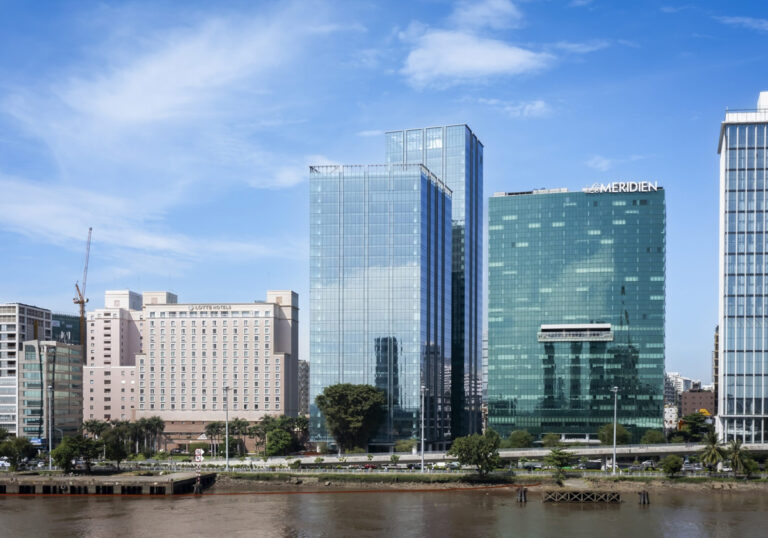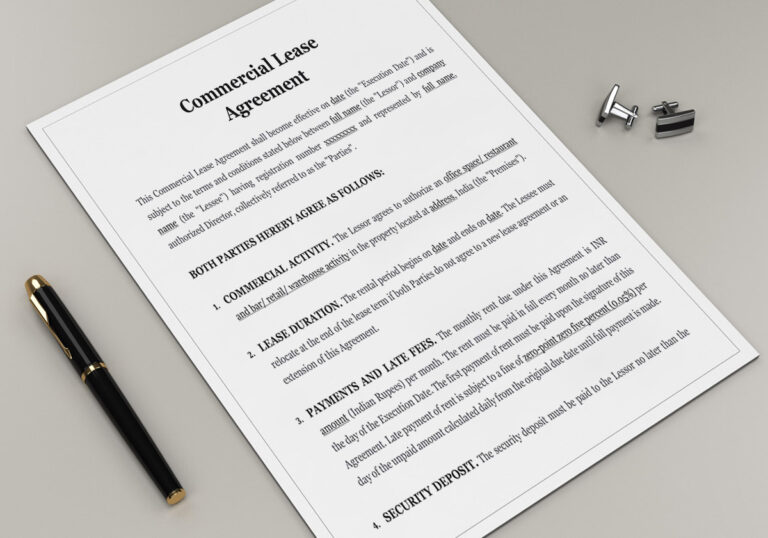Choosing the Right Office for Your Business Type in Vietnam
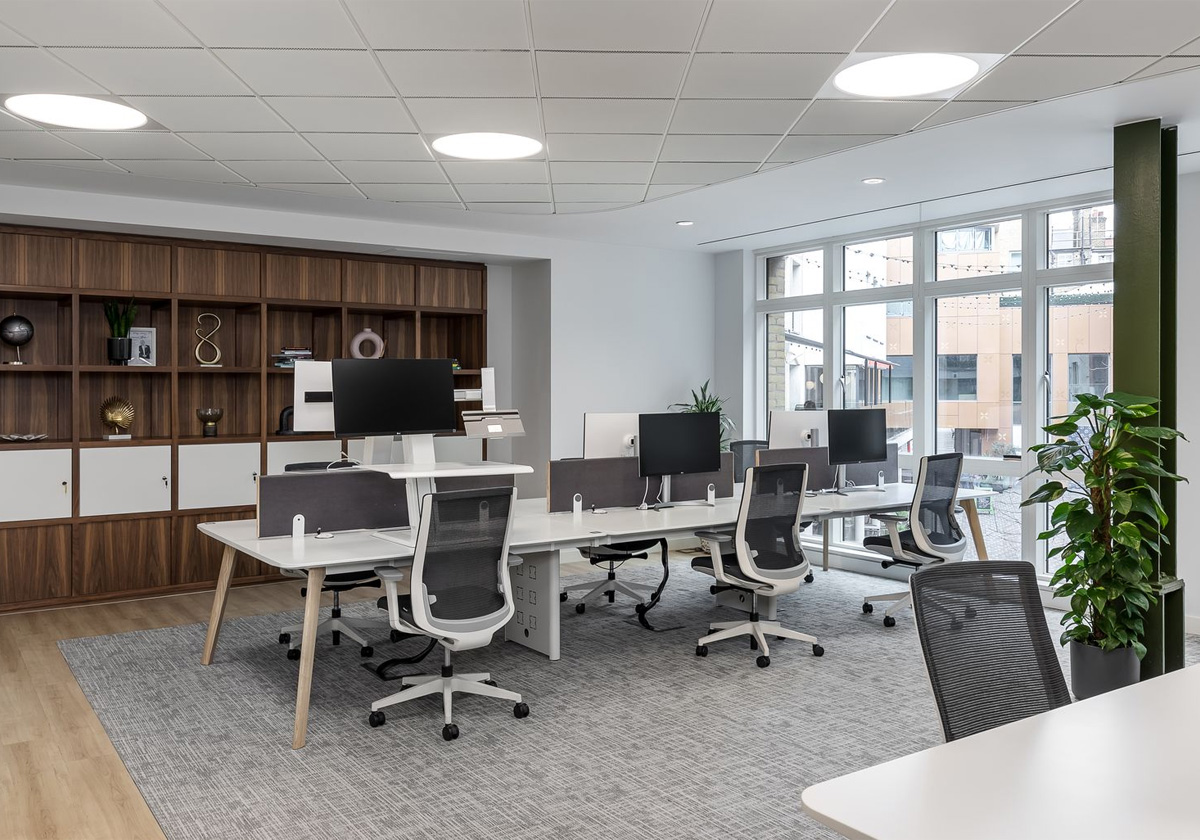
Choosing the right office space is a crucial decision that directly impacts a business’s success. Each industry – from technology and finance to creative fields or customer service – has its own specific requirements for workspace to best support operations, company culture, and future scalability. Therefore, understanding how to choose office based on business type not only helps optimize costs but also lays a solid foundation for long-term growth.
Table of Contents
1. Why Your Business Type Influences Office Selection
Choosing an office is not simply about location or cost – it must also fit the specific nature of the business operations. So understanding how to choose office based on business type is very essential.
Each type of business has its own unique characteristics, from work organization, operational models to infrastructure requirements. Therefore, having a clear understanding of your industry is the first step to choosing the optimal workspace. Below are the factors explaining why the type of business plays a decisive role in choosing an office:
– Business objectives: The development goals of a business are one of the key factors determining its office space needs. Startups aiming to create a flexible environment that fosters creativity may prioritize open and easily adjustable spaces. In contrast, large enterprises focused on stability and security require offices designed in a traditional layout with private workrooms.
– Industry characteristics: Each industry has its own operational processes, leading to different needs for office space and design. Tasks that require high concentration and minimal interruptions demand office designs with private rooms or quiet areas. Meanwhile, work that involves frequent teamwork and idea exchange needs flexible spaces that can be easily reconfigured or shared common areas.
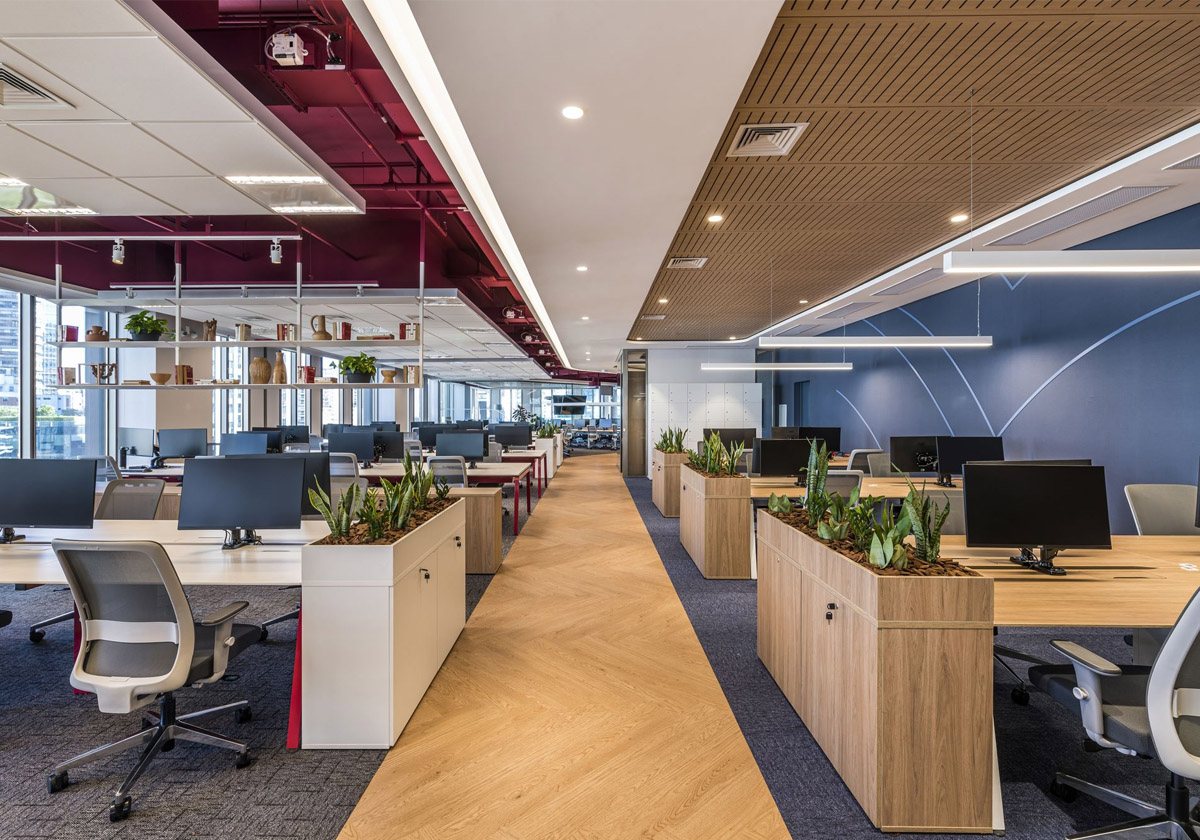
– Customer interaction requirements: Businesses with frequent client meetings – such as consulting firms or real estate agencies – should prioritize offices in central locations, with dedicated reception areas and professional meeting rooms. Conversely, internal operations or manufacturing companies can locate further from the city center to save costs while maintaining smooth operations.
– Operating costs: Finally, the operating costs vary for each business. Startup types usually prioritize cost-effective offices with flexible short-term leases to reduce expenses. Large, stable enterprises can invest in high-end, long-term offices to build their brand and enhance credibility. Meanwhile, manufacturing companies often choose simple offices near industrial zones to cut transportation costs and optimize operations.
Choosing an office that fits the type of business not only improves operational efficiency but also helps build a unique culture and brand. This is a fundamental yet crucial step for sustainable business development.
2. Office Options Overview: What Are Your Choices?
When starting to look for a workspace, businesses often face various options regarding office types. Depending on the business type, companies can consider different office formats – from traditional offices, coworking spaces to serviced offices. This section provides an overview of current office options to help businesses make the most suitable decisions based on their specific characteristics and strategies:
2.1 Traditional Office – private, long-term space
A traditional office is an independent workspace that a business rents or purchases for long-term use, typically under contracts lasting 2 to 5 years or longer. This type of office is a dedicated space designed and operated entirely according to the company’s needs, from interior layout and workspace arrangement to technological systems. Traditional offices are usually suitable for large companies, corporations, or industries that require stability, high security, and a workspace that strongly reflects their brand identity.
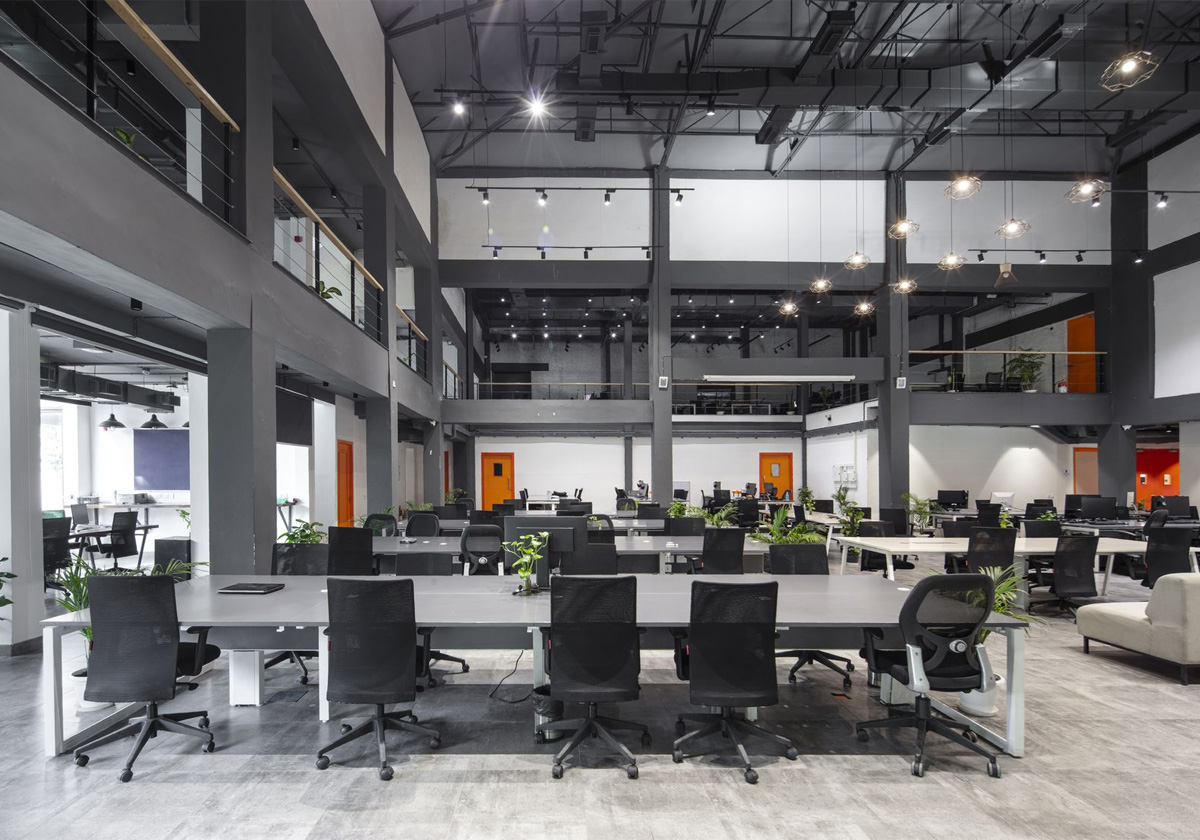
Advantages of Traditional Office:
– Full control over office design, layout, and branding, allowing a strong company identity.
– Stable, dedicated space that supports consistent operations.
– High level of privacy and security, ideal for handling sensitive information.
– Enhances company image and professionalism in the eyes of clients and partners.
– Easily customizable to meet specific business requirements and workflows.
Disadvantages of Traditional Office:
– High initial setup and ongoing maintenance costs can strain budgets.
– Long-term lease commitments reduce flexibility to adapt to market changes.
– Difficult to quickly scale space up or down in response to business growth or downsizing.
– Responsibility for all facility management and utilities lies with the tenant.
– Potentially slower to adapt to changing business conditions or new work models.
2.2 Serviced Office – flexible, fully furnished
A serviced office is a turnkey workspace that comes fully furnished and equipped, managed by a professional real estate provider. This space includes furniture and amenities such as high-speed internet, electricity, water, meeting rooms, reception areas, and support services like front desk, cleaning, and maintenance. Businesses can simply move in and start working without the need to invest in setup or facility management.
Serviced offices typically offer flexible lease terms, ranging from a few months to one year, making them suitable for businesses that need convenience and the ability to adapt quickly.
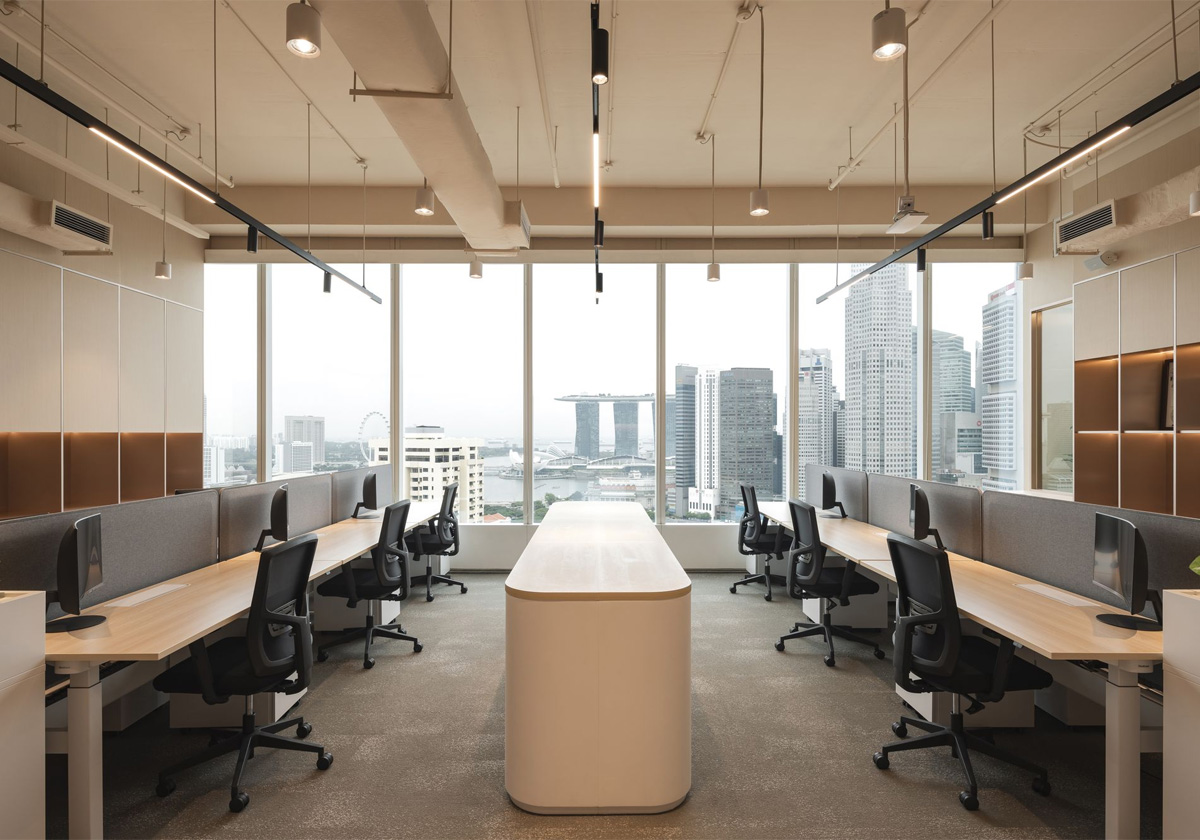
Advantages of Serviced Office:
– Fully furnished and equipped, saving setup time and allowing immediate move-in.
– No upfront investment in furniture, utilities, or facility setup, reducing initial costs.
– Short-term contracts offer high adaptability to changing business needs.
– Support services (reception, cleaning, IT support) reduce management burden.
– Easy to upsize or downsize as business needs change.
– Often located in central business districts, enhancing accessibility and brand image.
Disadvantages of Serviced Office:
– May be more expensive than traditional offices in the long run.
– Restricted ability to modify layout or branding.
– Less privacy in common areas like meeting rooms or lounges.
– Service quality depends on the provider’s reliability.
2.3 Coworking Space – cost-effective, connecting startup communities
Coworking space is a shared office model where multiple businesses or individuals work together in an open space, sharing resources and infrastructure. These spaces provide a professional working environment with amenities such as desks, high-speed internet, meeting rooms, lounge areas, and sometimes free coffee. Rental costs are very flexible (daily, weekly, or monthly) and are usually lower than traditional or serviced offices.
This model is especially suitable for startups, freelancers, and small businesses looking to leverage a creative environment, community connections, and minimize fixed costs.
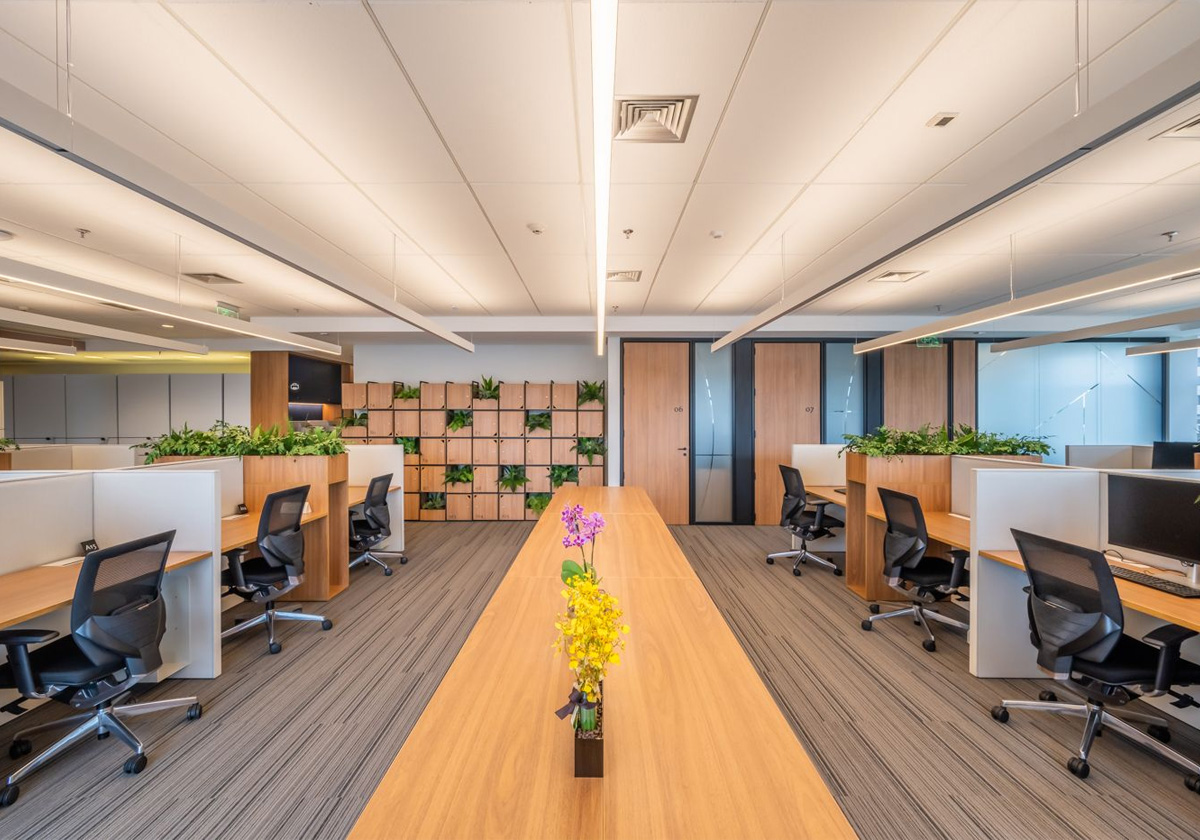
Advantages of Coworking Space:
– Lower rental costs compared to traditional or serviced offices.
– Access to shared amenities without upfront setup investment.
– Flexible rental terms (daily, weekly or monthly), suitable for changing needs.
– Opportunities to meet and connect with professionals, freelancers, and startups.
– Creative, dynamic environment suitable for startups and freelancers.
– Often located in central, convenient areas with easy access to transportation.
Disadvantages of Coworking Space:
– Limited privacy due to open layout.
– Noise and distractions may affect productivity.
– Limited ability to personalize space or reflect company branding.
– Shared facilities can be overbooked during peak times.
– Less control over office security and access compared to private offices.
>> See more:
– Coworking Spaces in Ho Chi Minh City
3. Key Factors to Consider When Choosing Office by Business Type
To ensure the office meets current needs and supports future goals, businesses need to carefully consider factors such as space requirements, operational model, and expansion plans.
3.1 Space requirements
Office size is a key factor to consider when choosing a workplace, as it directly impacts employee comfort, productivity, and the ability to meet operational needs. To make an informed decision, businesses should assess their current workforce size as well as future growth projections. For example, a small startup with 5 – 10 employees may only need 50 – 100 m2 in a coworking space. In contrast, a large company with hundreds of employees might require an office of 500 m2 or more.
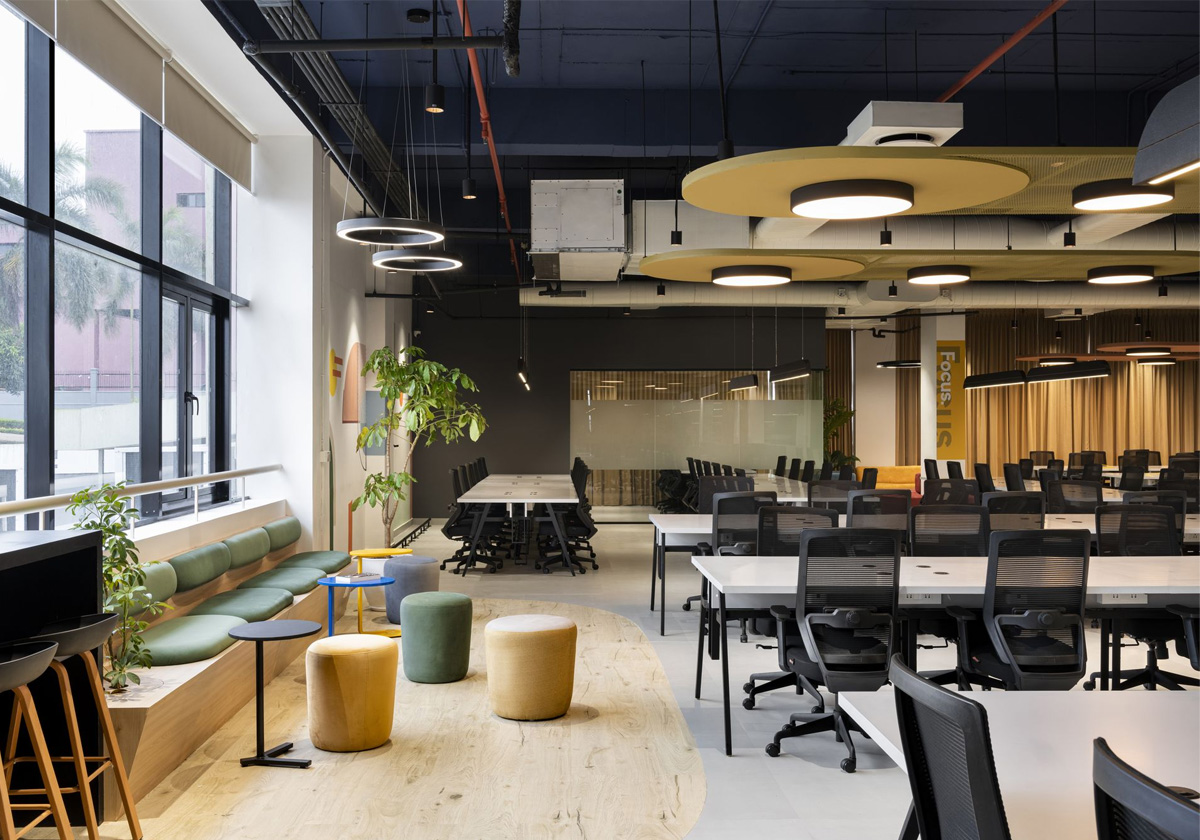
The office size should not only cover the working area but also consider amenities such as meeting rooms, lounge areas, and spaces for specialized equipment. An example would be a tech company that may need extra space for servers or labs, while a creative studio requires areas for filming and editing equipment. Accurately assessing space needs enables businesses to expand or reorganize their office quickly to meet changing demands without disrupting operations.
3.2 Operational model
The operational model of a business plays a key role in shaping the structure and functionality of the office, serving as a critical basis for making office leasing decisions.
– Remote work model: Businesses adopting this model only need minimal office space, mainly for periodic meetings, partner visits, or flexible support for employees who choose to work on-site. Office lease terms are often short-term to allow flexible adjustment when office space needs change or expand in the future.
– Hybrid work model: Businesses adopting this model need to provide sufficient space for both individual and team work, with flexible areas that employees can use on a rotating basis. It is also important to equip common amenities such as virtual meeting rooms, relaxation zones, and creative spaces to boost productivity and employee engagement.
– Traditional office model: Suitable for businesses that require strict supervision, frequent direct interaction, or operate in specialized fields such as customer service centers, laboratories, or manufacturing. The office should be clearly organized, with fixed workspaces for individuals and departments, and fully equipped with necessary tools to optimize productivity and work efficiency.
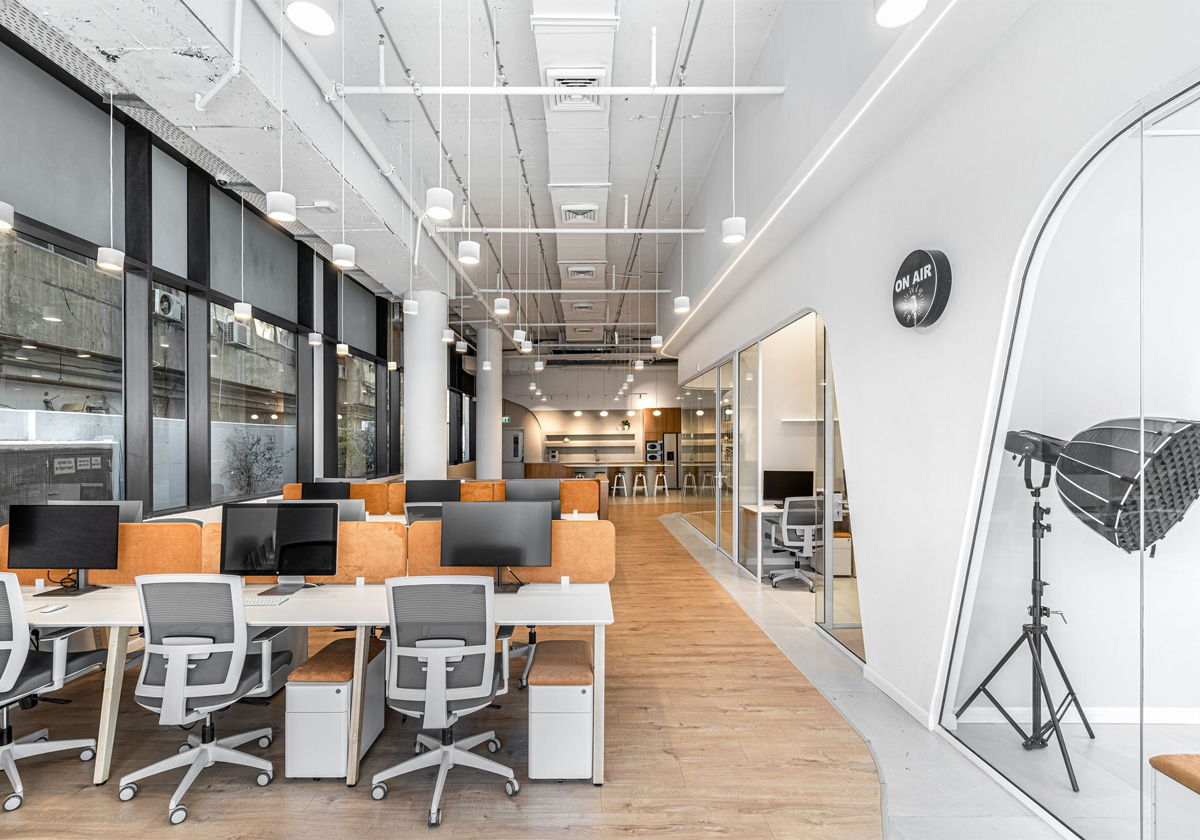
3.3 Expansion plans
Planning for future growth is essential to avoid complications and extra costs associated with relocating the office later.
– Staff growth: If the business plans to increase the number of employees within the next 1 – 3 years, it should choose an office that can be expanded on-site or within the same building/area. Serviced offices or coworking spaces are usually more flexible in meeting this need compared to traditional offices with long-term leases.
– Market strategy: Companies planning to expand into multiple regions or new markets should choose offices in convenient locations that are easily accessible to customers and partners. This helps enhance brand presence and facilitates efficient business operations. At the same time, they should consider offices with flexible lease terms to allow easy expansion or relocation when needed.
– Long-term budget: Expansion plans must align with financial capacity. Businesses need to anticipate costs for rent, equipment, operations, and other expenses to ensure stable operations. Choosing an office that fits the budget helps avoid financial risks and creates favorable conditions for sustainable growth.
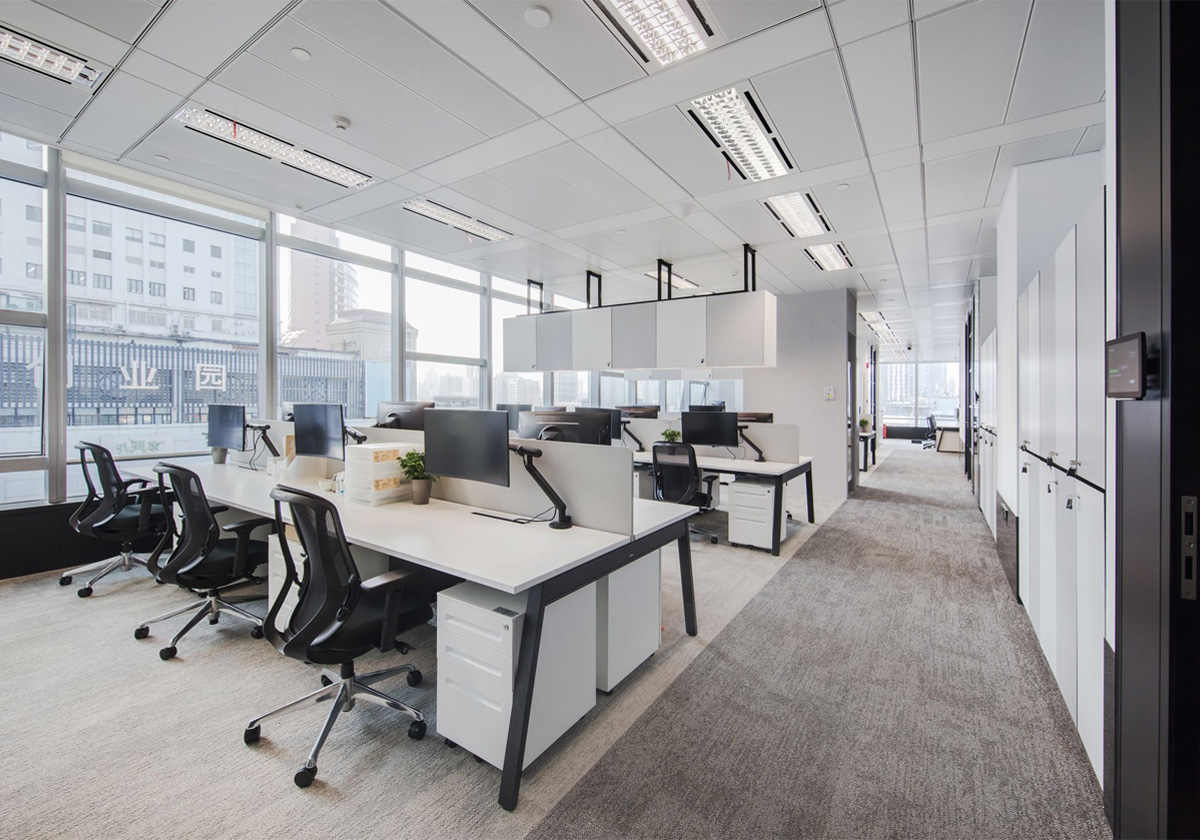
4. Maison Office – Your Trusted Partner in Office Leasing Across All Business Types
Maison Office is one of the leading office leasing consultants in Hanoi and Ho Chi Minh City, with over 10 years of experience in the industry. Here are the key reasons why Maison Office is a trusted partner for businesses:
– Experienced consultancy team: Maison Office’s consultants have deep market insight, helping businesses quickly find office spaces that match their budget, scale, and business goals.
– Diverse options: With a network of over 2,000+ professional office buildings located in central business areas, Maison Office offers clients a wide range of flexible choices – from premium Grade A buildings to more budget-friendly Grade B and C options. This allows us to meet the needs of all types of businesses, from startups and SMEs to multinational corporations.

– Strategic locations: We are committed to providing offices in strategic locations, ensuring easy access for clients and partners. Additionally, essential amenities such as online meeting rooms, pantries, and parking are always available to boost work efficiency and employee satisfaction.
– Future-proof solutions: We not only help you find the right office that meets your current needs but also advise on future expansion options that align with your growth plans and financial capacity. This approach helps mitigate financial risks and avoids unexpected costs.
– Comprehensive support: Maison Office assists businesses at every step of the office leasing process, from providing detailed information, scheduling site visits, preparing comparison reports, to negotiating rental prices and contract terms.
With a professional approach and strong market presence, Maison Office is committed to delivering effective, tailored office leasing solutions for businesses of all types and sizes.
Let us be your trusted partner in discovering the best office solutions tailored to your business needs, and take the first step toward a productive, flexible workspace. Contact Maison Office now for expert, free consultation!
See more:
– Office for Lease in Ho Chi Minh City

Editor and content team manager at Maison Office.
With over 5 years of experience in consulting and extensive content editing in the real estate services and interior design field. Sharing valuable information with customers, partners, and attracting millions of views.


